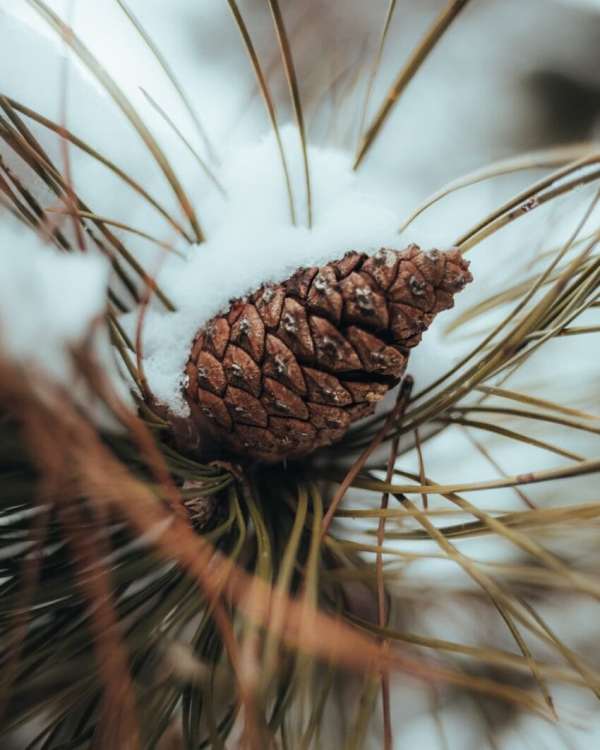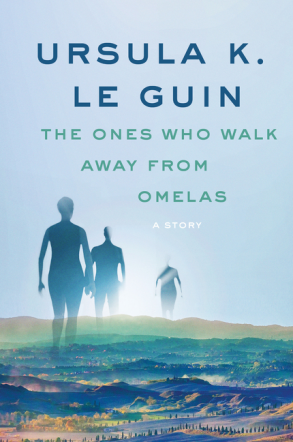Earlier this week, on Christmas Day no less, The Atlantic published an editorial entitled “The Return of the Pagans”. It’s behind a paywall, but you can read the whole thing for free at msn.com (also here).
The article is written by David Wolpe, who is an influential Jewish rabbi who has debated prominent atheists publicly. Predictably, the essay reflects the perspective of an Abrahamic transcendental monotheist. Lots of Pagans have responded to this article already (e.g., here, here, here, here, here, here, here, here). Some of the responses seem to miss the fact that, when Wolpe says “pagan”, he’s not talking about the people who self-identify as “Pagan” today: those witches and goddess worshippers and earth religionists and so on, who have been loosely congregating around the term “Pagan” since the late 1960s.
Continue reading “The return of an 86 year-old thesis about paganism”









